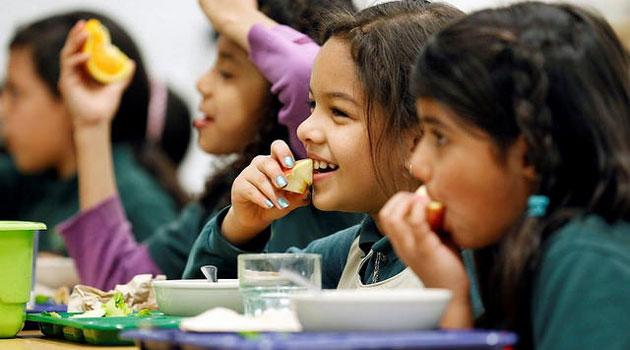Czech poll finds 30 % of the public does not want Romani children in mainstream classes and does want them to be segregated

Segregation on the basis of ethnic origin in the case of Romani children is something that 30 % of the Czech public would agree with. Those are the findings of a Center for Public Opinion Research (Centrum pro výzkum veřejného mínění – CVVM) poll conducted in September.
The regular CVVM poll ascertained the opinions of the Czech public as to whether children living with mental or physical disabilities, children from impoverished families, children from affluent families, children of foreign nationals, Romani children, and exceptionally gifted children should be educated in mainstream primary school classes or not. Furthermore, the poll asked people their opinions about the establishment of the following kinds of schools for compulsory education, which in the Czech Republic lasts nine years: special schools for children living with moderate to profound mental disbaility, “practical” primary schools for children with mild mental disability, “primary schools with expanded instruction”, and multi-year college preparatory schools (gymnazium).
The question was seeking opinions on whether children from specific groups should be educated in mainstream classes or not. Of those polled, 30 % said they believe Romani children should not be educated in mainstream classes, i.e., that they should be segregated.
Roughly two-thirds (65 %) answered that Romani children should be educated in mainstream classes. The findings also reveal that most respondents do not believe that children living with mental disabilities should be educated in mainstream classes, with less than one-fifth of respondents agreeing with that idea (17 %) and four-fifths (79 %) disagreeing with it.
More than half of all respondents (55 %) believe children with auditory or visual impairment should not be educated in mainstream classes, while two-fifths (40 %) believe they should. Disagreement with educating children living with physical disabilities in mainstream classes was also rather high (29 %), as was disagreement with exceptionally gifted children being educated in the mainstream (26 %), while that same proportion disagrees with the children of foreign nationals being educated in mainstream classes.
In the case of children from affluent families, a minimum of respondents expressed disagreement with their being educated in mainstream classes (7 %) and the vast majority agreed (90 %). The highest proportion of respondents agreed that children from impoverished families should be educated in mainstream classes (93 % in favor, 5 % against).
“If we look more closely at the respondents’ sociodemographic characteristics, we see that in the case of agreeing or disagreeing with the education of children living with mental disabilities in mainstream classes there are no significant differences, statistically, depending on the respondents’ sex, age or education. College-educated people more frequently said that Romani children and the children of foreign nationals should be educated in mainstream classes. Answers to those questions were also correlated with the respondents’ subjective satisfaction with their own life and with their reported standard of living, where we see that those who are satisfied with their own lives and have a good standard of living more frequently agree that the children of foreign nationals, children living with physical disabilities, Romani children, and children with auditory or visual impairment should be educated in mainstream classes,” the CVVM press release says.
Among the answers to the question of whether different types of schools should be established for compulsory school attendance, agreement predominated over disagreement for all school types. More than four-fifths of respondents (81 %) agreed with the establishment of special schools for children living with moderate to profound mental disability, “practical” primary schools for children with mild mental disability, and “primary schools with expanded instruction”.
